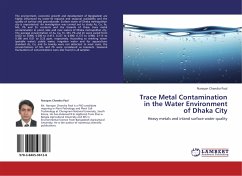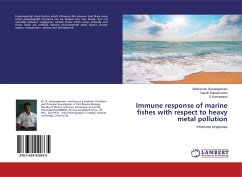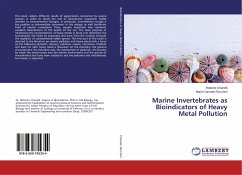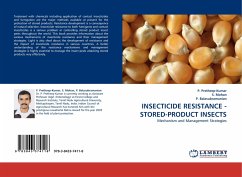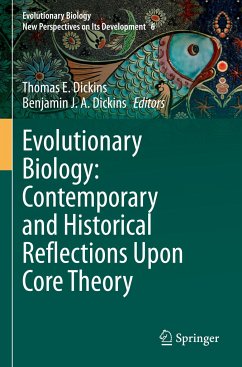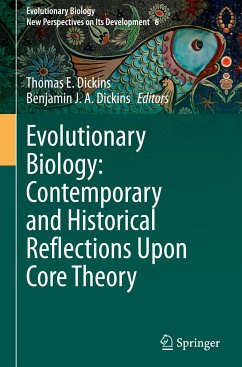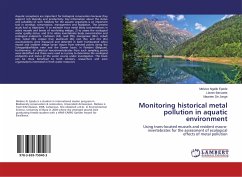
Monitoring historical metal pollution in aquatic environment
Using trans-located mussels and resident macro-invertebrates for the assessment of ecological effects of metal pollution
Versandkostenfrei!
Versandfertig in 6-10 Tagen
27,99 €
inkl. MwSt.

PAYBACK Punkte
14 °P sammeln!
Aquatic ecosystems are important for biological conservation because they support rich diversity and productivity. Key information about the status and suitability of such habitats for the aquatic organisms is an important tool in strategic conservation, management and legislation. The present study had as objectives: 1) to estimate trace metal body concentrations in zebra mussels and larvae of non-biting midges, 2) to assess the ecological water quality status, and 3) to relate invertebrate body concentration and ecological endpoints. Cadmium (Cd), lead (Pb), manganese (Mn), cobalt (Co), nick...
Aquatic ecosystems are important for biological conservation because they support rich diversity and productivity. Key information about the status and suitability of such habitats for the aquatic organisms is an important tool in strategic conservation, management and legislation. The present study had as objectives: 1) to estimate trace metal body concentrations in zebra mussels and larvae of non-biting midges, 2) to assess the ecological water quality status, and 3) to relate invertebrate body concentration and ecological endpoints. Cadmium (Cd), lead (Pb), manganese (Mn), cobalt (Co), nickel (Ni), copper (Cu), aluminum (Al), iron (Fe), and zinc (Zn) accumulations were measured and detected in both translocated zebra mussel and resident midge larvae tissues from selected points along the Scheppelijke/Molse nete and the Demer basin, in Flanders (Belgium). Furthermore, all collected macroinvertebrates from each sampling points were identified and these were used as a proxy to determine the ecological endpoints and status of the water course under investigation. This book can be more beneficial to both scholars, researchers and even organisations interested in fresh water resources



